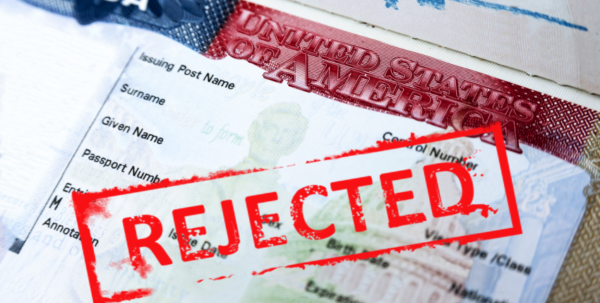
ON A DIVIDED DECISION
Newsroom El Comercio de Colorado
Haga click aquí para leer la versión en español
A divided Supreme Court ruled to allow the Trump administration to implement a new rule giving the government broad discretion to deny legal immigrants visas on the basis of their income or use of public benefits. The court said that the Trump administration’s “public charge” rule could be implemented while it is challenged in court, nullifying an order from a federal judge that blocked the rule nationwide.
The controversial rule, which was announced in August, alters existing immigration law and expands what factors are used to determine if an immigrant is or will be a “public charge”, or someone who relies on the government for assistance. Under the rule, legal immigrants who have used Medicaid, food stamps or housing assistance will have that weighed heavily against them when applying for a green card.
The rule also makes it easier for the government to deny green cards to immigrants it determines are “likely” to use public benefits in the future, giving the Trump administration broad authority to deny immigrants visas on the basis of wealth, education, English-language skill and other factors. The policy was immediately challenged in court. Several district court judges blocked the rule from going into effect.
Immigration restrictions
The administration has touted the rule as a way to enforce ideals of self-sufficiency, but critics fear it will be used to deny visas to poorer immigrants from Latin America and Africa. Analysts also say that the policy could also lead immigrant parents to unenroll their U.S.-citizen children from benefit programs out of fear of immigration consequences on them.






otras noticias
FBI Investigates Boulder Tragedy as Terrorist and Antisemitic Attack
Hickenlooper: “How Many Times Are We Going to Punish Those Who Work?”
Only 25% of Students in Rural Schools Vaccinated Against Measles